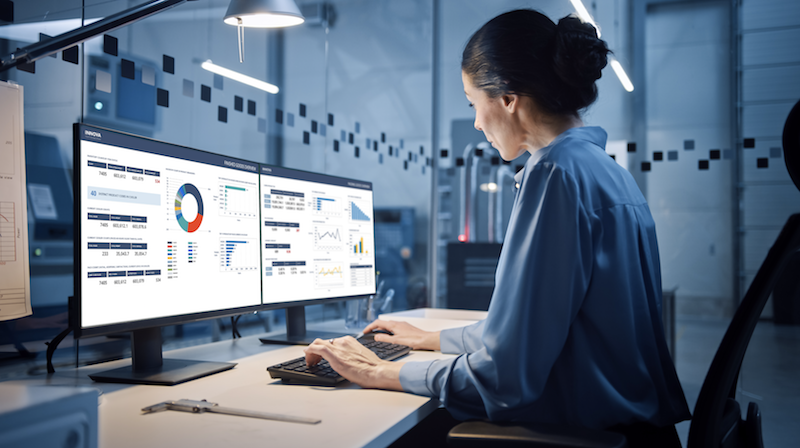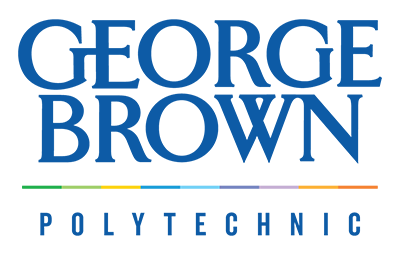Introduction to Industrial Control Systems
Industrial control systems, commonly known as ICS, give operators the ability to monitor and control the many industrial processes that make modern manufacturing possible. And while many of the uses for an ICS fall squarely into the manufacturing sector, industrial control systems also help drive many other industries including oil and gas, nuclear, chemical, and more.
Industrial control systems play an integral role in so many different industries for a number of reasons. Understanding these reasons will not only help you appreciate their importance but could very well open the door to a challenging and meaningful career.
This article will provide some of the basic information needed to understand what an ICS is and what it is used for.

Industrial Control Systems Defined
In very general terms, think of an ICS as a grouping of automation systems whose collective purpose is to provide a manufacturer with process control and monitoring capabilities over their means of production. Several different system types, when combined, form the basis of a standard ICS. These system types can include Process Control Systems, Supervisory Control and Data Acquisition Systems, and Distributed Control Systems. Regardless of the various system types that make up an ICS in a given facility, they’re designed to work tightly together to perform a series of coordinated and automated tasks.
The task (or series of tasks) is programmed into a controller, like a PLC. Displays located in a centralized control room or in key locations throughout the production line allow operators access to a Human Machine Interface (HMI) station. These stations graphically display the status of the system and the individual field devices that turn raw materials into the finished product. HMIs are power tools that allow operators to view fault locations, manually stop and start equipment remotely, and perform other supervisory controls as required. Once a programmed task is executed, the associated data is recorded in a database known as a Historian. This data can then be analyzed and used to identify production trends, perform data analysis, or establish enterprise level planning.
Varying Types of Control Systems
As you can imagine, industrial control systems and their uses are as varied as the industries that rely on them. Control systems can be grouped into different classes based on the relative complexity of a system’s overall functions within the ICS. As stated previously, there are many different types of control systems, but in the interest of helping to further your understanding of what an ICS is, we’ll examine some of the more common ones. :
Programmable Logic Controllers
A Programmable Logic Controller (PLC) is a sturdy, industrial computer that is used to monitor inputs and outputs, and uses a custom-made program to execute commands based on the state of the I/O.
A Programmable Automation Controller (PAC) allows systems to provide much more complex commands to automation equipment than a standard PLC and are suited for complicated manufacturing processes involving automation technology.
Remote Terminal Units
A Remote Terminal Unit (RTU) is an ICS that electronically connects field devices to other components, like a Distributed Control System or a SCADA. Data collected by sensors throughout the system is relayed back to a central ICS via a control loop.
Supervisory Control and Data Acquisition System
The function of a Supervisory Control and Data Acquisition System (SCADA) is in the name. A SCADA is a system that is responsible for gathering and processing information relayed by the various field devices and sensors within a facility. SCADA also allows operators to manually control things like field devices and motors locally or remotely using an HMI application.
Real World Applications of ICS
As more manufacturers embrace automation technologies, there is a commensurate growth in the use of industrial control systems. These systems are increasingly used in the automotive, military, construction, and cybersecurity industries among many others. The thing to remember is that these control systems provide universal benefits to both workers and consumers alike. They offer improvements to operational health and safety by reducing the need for humans to be exposed to hazardous materials or dangerous environments. They’re cost-effective, saving businesses time and money. These control systems also provide enhanced efficiency when it comes to operations, resulting in higher quality goods and services. And finally, the need for preventative maintenance is drastically reduced as many of these systems self-monitor and protect their assets.
When it comes to the real-world applications of these systems, we can look to chemical plants, water and waste treatment centres, nuclear power facilities, and refineries. The workers who are needed to keep these sites running smoothly benefit greatly from the aforementioned systems, as they’re able to perform their jobs more efficiently with increased safety. Human error is diminished, monotonous tasks are delegated to automated systems, and meaningful labour increases as a result. Industrial control systems can be found in just about every industry, not just the ones mentioned above, and will only become more common as the years go on.
Industrial Control Systems Today and Beyond
There are many reasons why industrial control systems play such an integral role in various industries, and why they will continue to emerge in the future. Understanding these reasons and staying informed on automation trends can help guide you to a meaningful and exciting career.
To learn more about industrial control systems, consider applying for our Automation Technician Program. You’ll gain hands-on experience in an online setting that will prepare you to enter or exceed in the job market.
Comments
The academic prerequisites…
Submitted by Iris on Mon, 02/28/2022 - 14:59
The academic prerequisites for students entering into the Automation or PLC Technician program is a high school diploma, with credits at or above the general level or equivalent mature student status. Please contact a Program Consultant, toll-free at 1-888-553-5333 for further assistance.
Looking for automation course
Submitted by Kamal Asanousi (not verified) on Tue, 06/21/2022 - 08:55
Hello,
My name is kamal Asanousi from Harouge oil operations Libya Partner of Suncor energy company in Canada.I have a sponsorship from my company for five months training in the fields of automation and instrumentation. I was wondering if you can provide a training program for the mentioned period.
I am looking to hear from you soon.
Best Regards
Kamal Asanousi
Automation Engineer
Harouge oil operations Libya.
Kamal, please contact a…
Submitted by Iris on Thu, 07/07/2022 - 13:23
Kamal, please contact a Program Consultant, toll-free at 1-888-553-5333 and they can help you out.

Want start with basic training for PLC and automation.
Have basic electronic knowledge NO/ NC/ PNP / NPN sensors and relays,